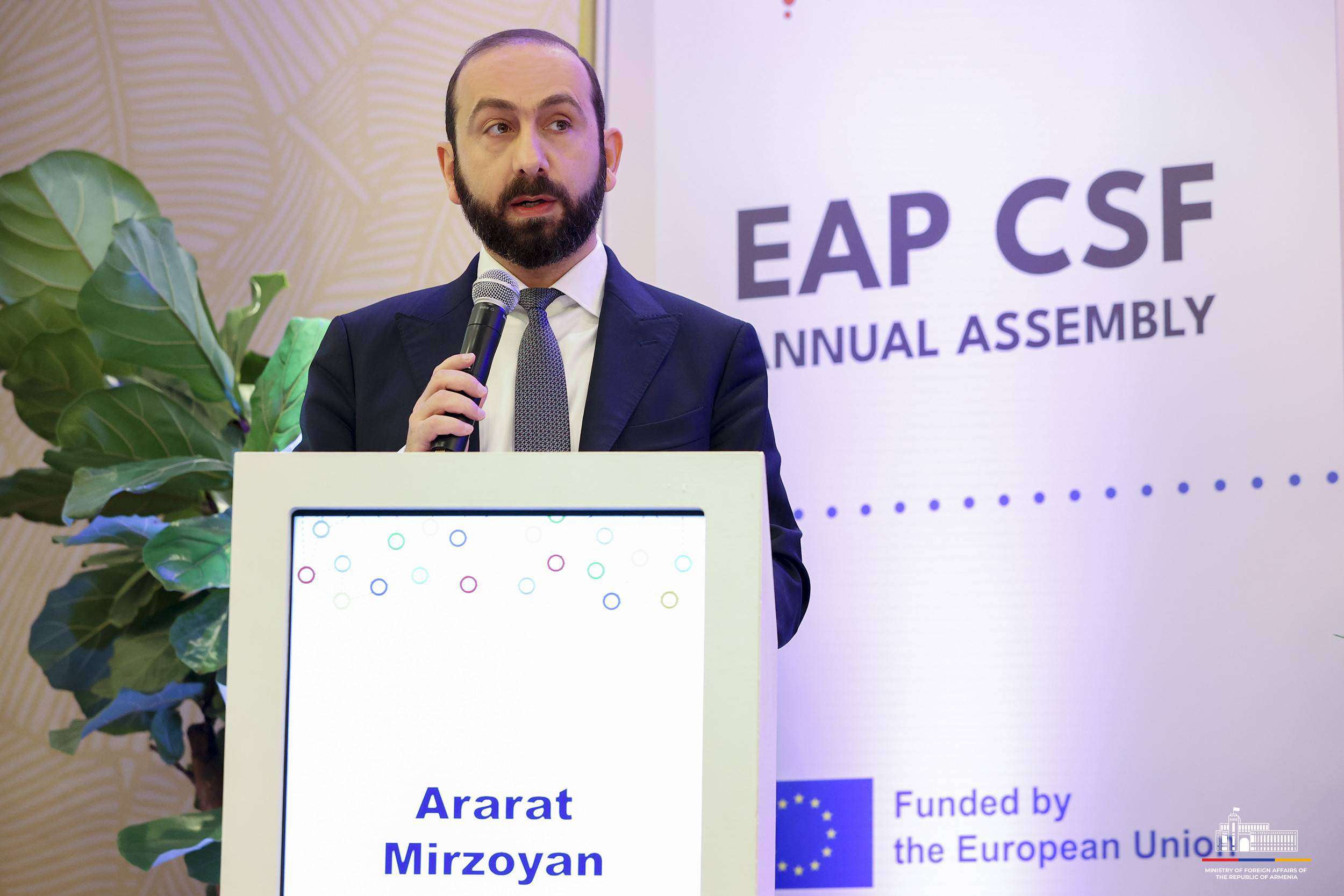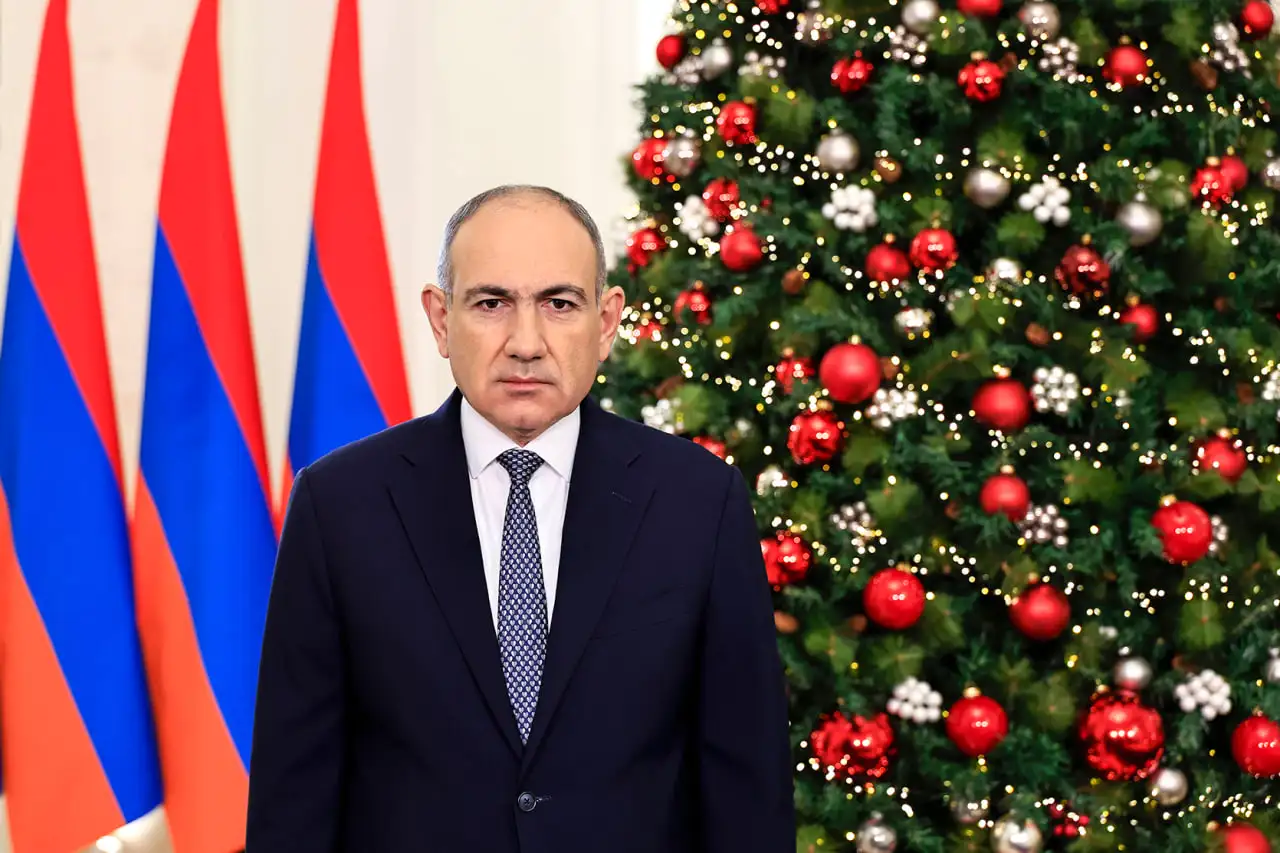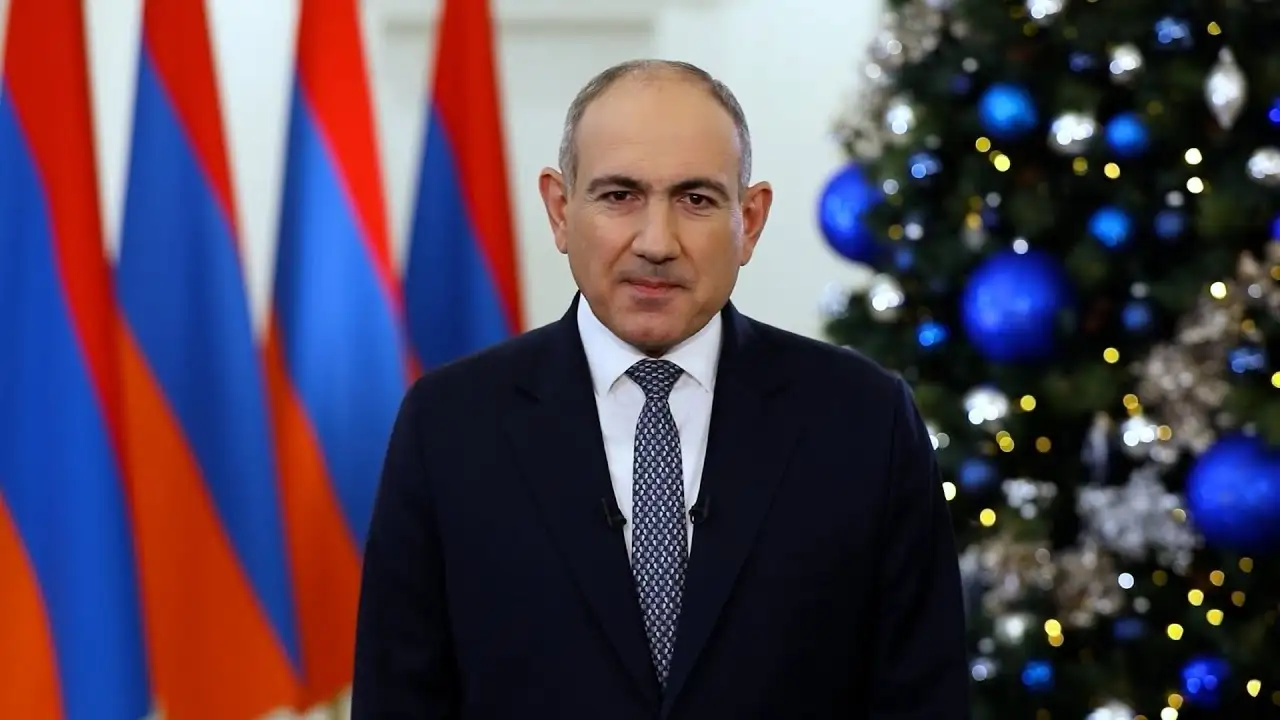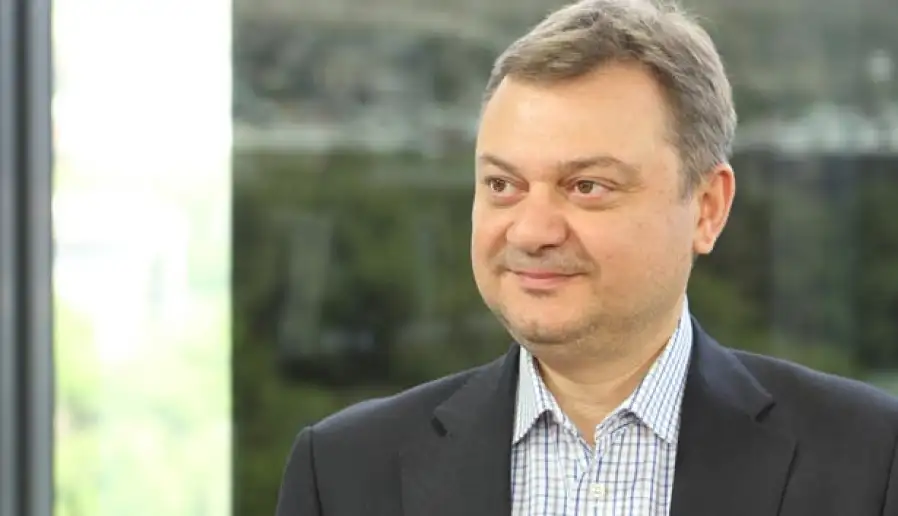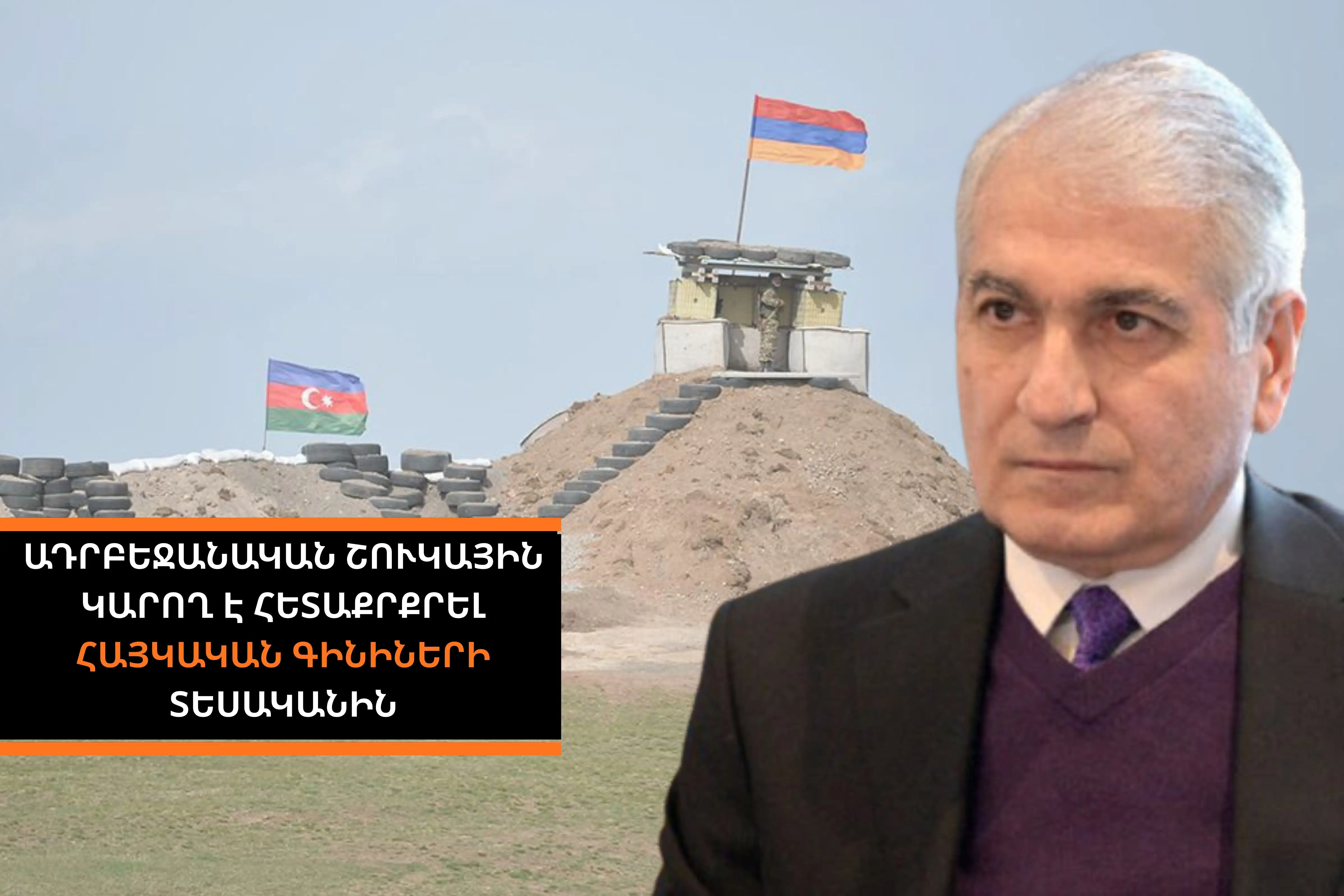On November 15, RA Foreign Minister Ararat Mirzoyan gave a speech at the 15th annual assembly of the Eastern Partnership Civil Society Forum in Brussels.
"Dear partners, it is an honor for me to address the participants of the annual assembly of the Eastern Partnership Civil Society Forum. I am confident that today, with like-minded partners, we can have an open discussion and critically assess the developments both in the Eastern Partner countries and at the regional and European levels.
To stimulate further discussion, let me raise two questions that may be useful for reflection today. What was and what is the Eastern Partnership about? What is the role of civil society in changing the world, and, in particular, the Eastern Partnership?
Back in 2009, when the EFTA was launched, it aimed to strengthen partners' ties with the EU and Member States based on shared values, as well as to deepen economic and political cooperation and support the reform agenda. If we try to summarize in one sentence, the EFTA was launched as being about democracy and continues to be about democracy today.
I can proudly state that my country remains committed to democracy and democratic values. Despite all the challenges we have faced in recent years, the COVID-19 pandemic, the 2020 war, military attacks and aggression against Armenia's sovereign territory, the flow of more than 100,000 refugees from Nagorno Karabakh as a result of ethnic cleansing, the democratization process, and the implementation of an ambitious reform agenda in Armenia have never stopped. The Armenian government remains committed to its democratic, non-violent 2018 revolutionary aspirations.
It is tricky. It is challenging to preserve democracy if there is no favorable environment. The collapse of the European security architecture, the growth of authoritarianism in the world, on the one hand, the UN charter, and, on the other hand, the massive violations of democratic values force us to reconsider how the EU should behave seriously. This requires the EU to strengthen its ties with Eastern partners and encourage cooperation between Eastern partners.
In this context, I welcome the decision of the European Commission to propose to the European Council to start accession negotiations with Moldova and Ukraine and to grant Georgia candidate status. This decision is welcomed by the government of Armenia and the people of Armenia, who also have European aspirations. Over the past few years, we have gained an impressive experience of joint work aimed at the rapprochement of Armenia and the EU. We cooperate in implementing the reform agenda 2 6 billion euros worth of leading initiatives within implementation and in many other areas.
We recently announced today's launch of the Armenia-EU high-level political and security dialogue, the second phase, in Brussels. I also welcome the EU's decision to deploy a monitoring mission along the state borders of Armenia and Azerbaijan. Furthermore, the EU for Armenia is an important partner, supporting our efforts to establish peace and stability in the South Caucasus. The Government of Armenia has the political will to normalize relations with Azerbaijan, another Eastern partner, and we are ready to move forward in this direction based on Armenian Prime Minister Nikol Pashinyan, European Council President Michel, France, and the principles adopted in Granada by President Macron and German Chancellor Scholz.
Furthermore, as we believe peace and stability in the Eastern Neighborhood are highly dependent on economic cooperation among partners, Armenia has recently introduced the "Crossroads of Peace" project to signify our commitment to peacebuilding and cooperation in the region. Armenia is also interested in joining the "Black Sea Electric Cable" project, and we hope that the European Union will support that aspiration using its toolkit:
Turning to my second question about the role of civil societies, no government in the world can implement a development agenda and fight challenges alone without you. Our lives are not easy, and I know that the issues I was talking about will only be addressed with your participation, criticism, and support.
And this is not just the traditional "thank you" that we usually say at the end of our speeches. Thank you for your tremendous work for the Eastern Partnership common cause, for our values, democracy, and peace."




